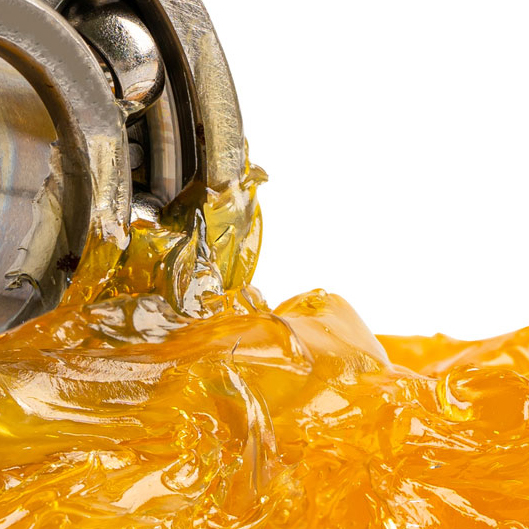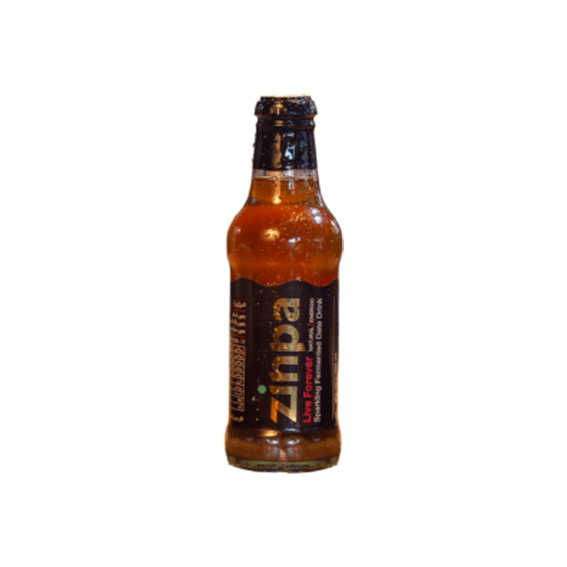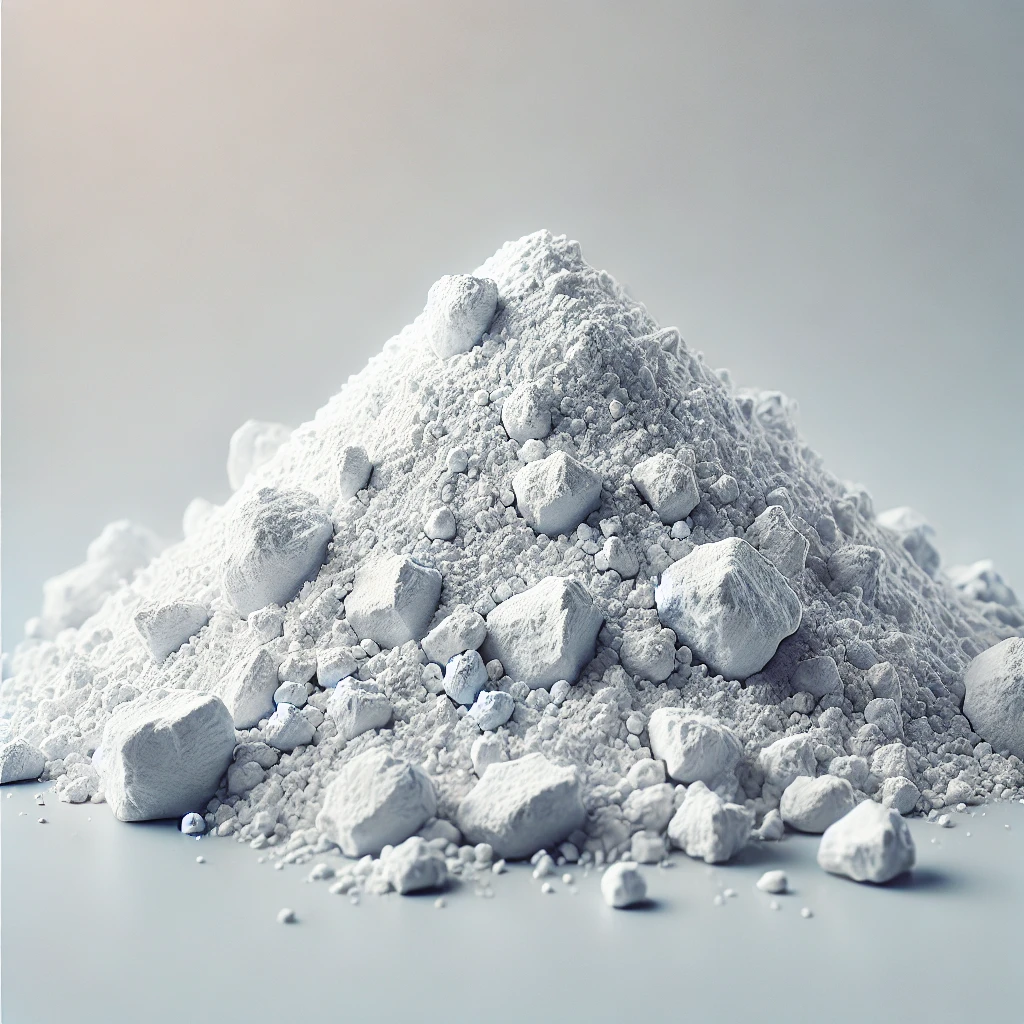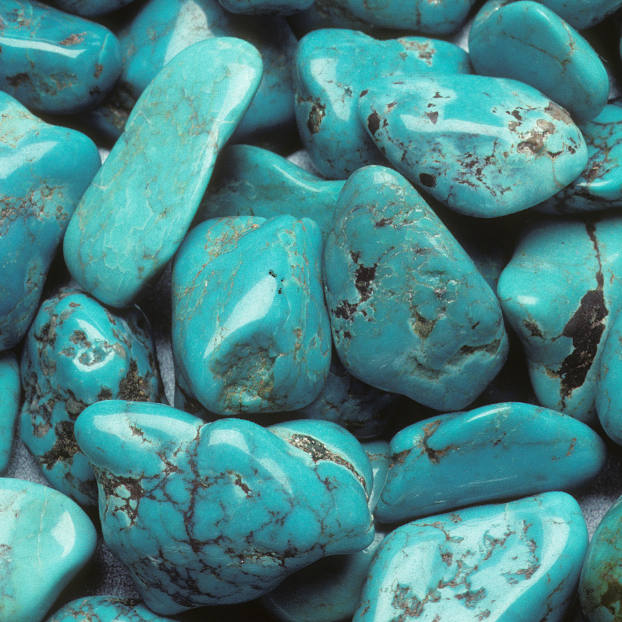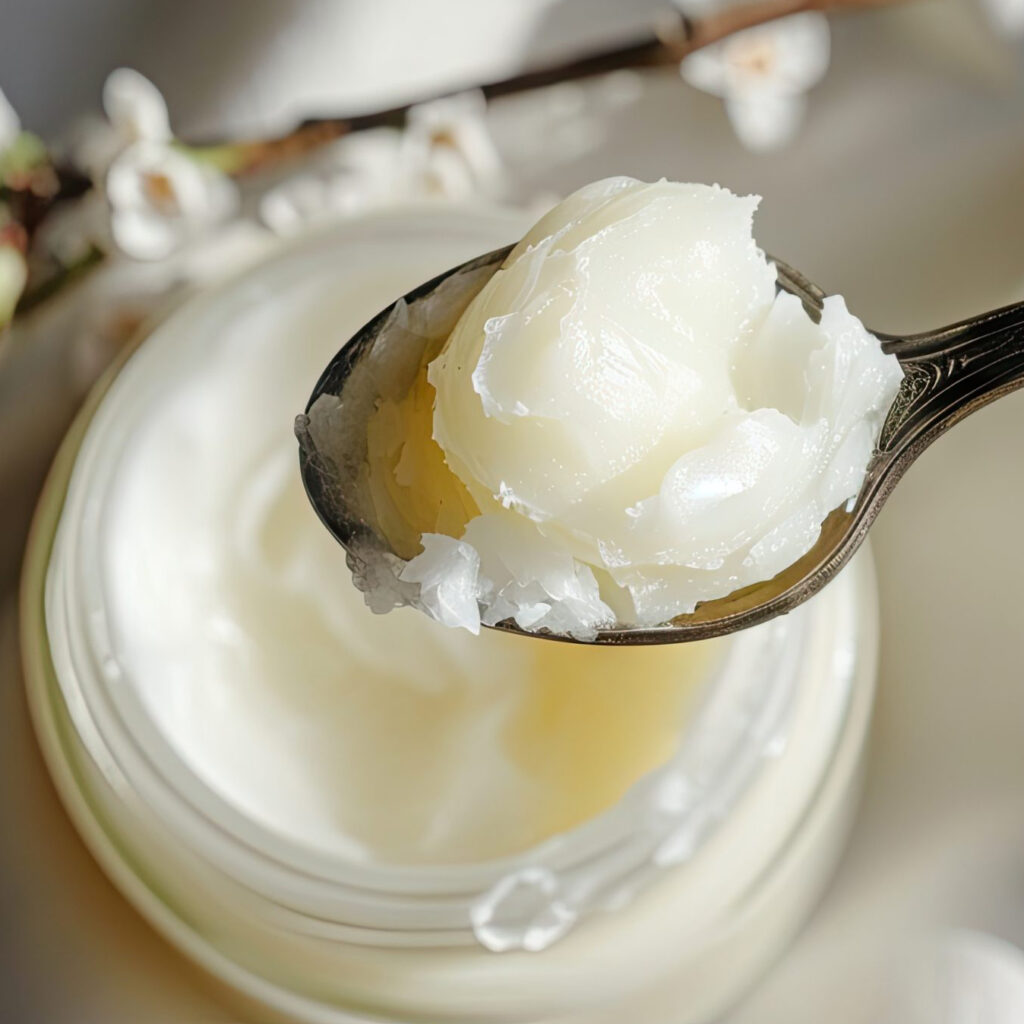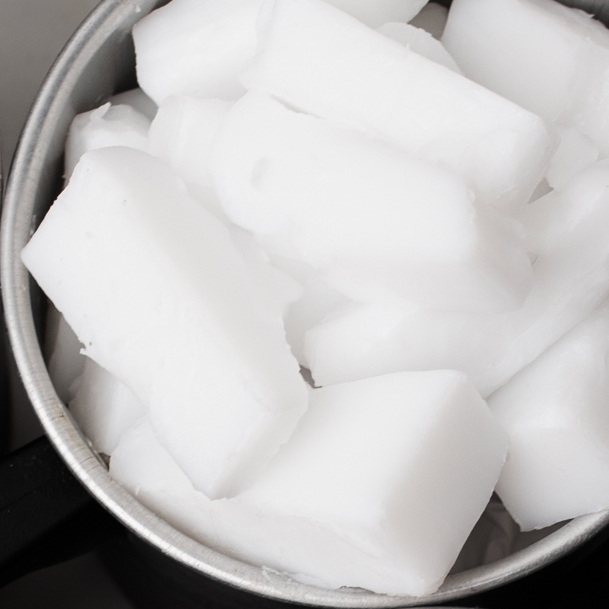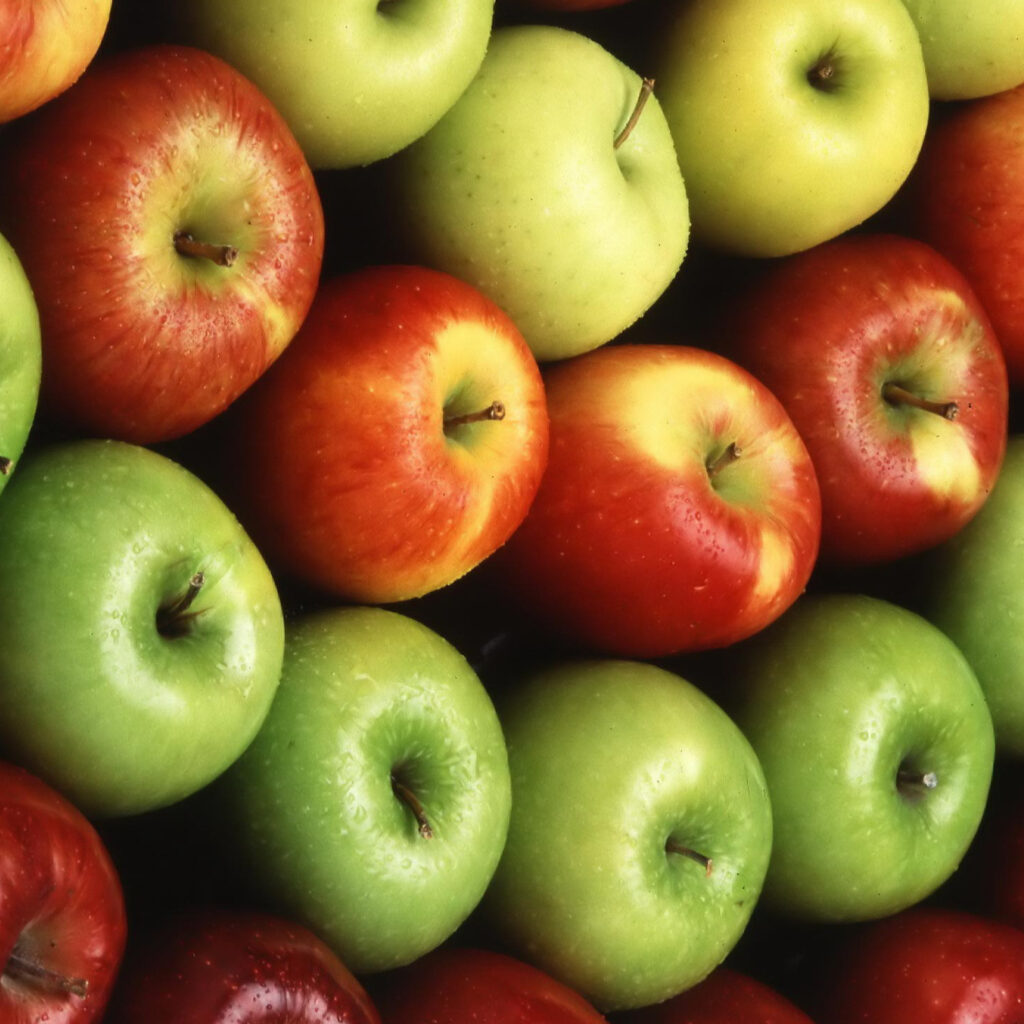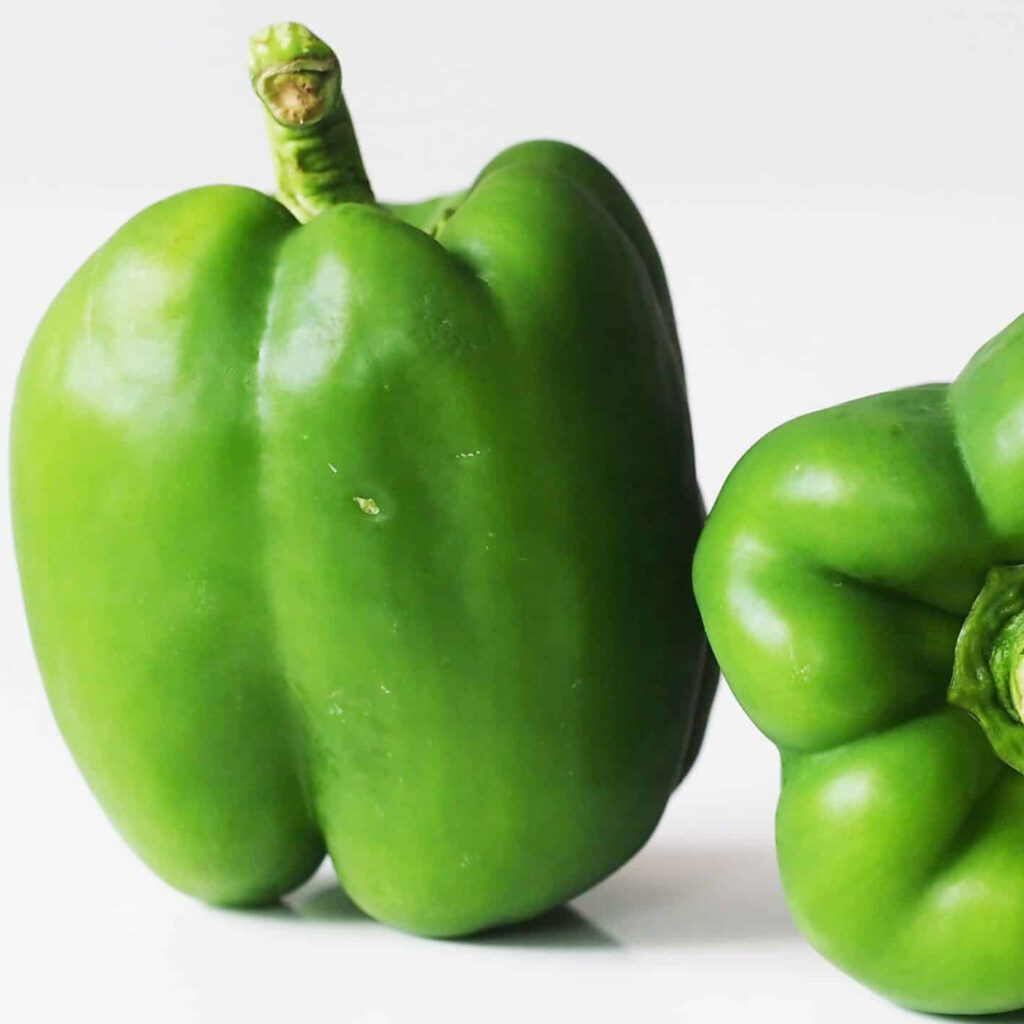Grease is a lubricant that consists of a thickening agent (usually a soap) suspended in oil. It’s primarily used for applications where liquid lubricants, like oil, would not stay in place or provide sufficient protection. Grease is valued for its ability to provide long-lasting lubrication, prevent wear and corrosion, and act as a sealant in environments where dirt or moisture could cause damage.
Composition of Grease:
- Base Oil:
- Typically mineral oil, but synthetic oils (e.g., silicone, polyalphaolefin) or vegetable oils can be used.
- The base oil provides the lubricating properties of grease.
- Thickener:
- Acts as a matrix to hold the base oil in place.
- Common thickeners include metallic soaps like lithium, calcium, sodium, and aluminum.
- Some greases use non-soap thickeners like bentonite clay or polyurea.
- Additives:
- Enhance the performance of grease. Common additives include:
- Anti-wear agents (reduce wear).
- Antioxidants (prevent oxidation and degradation).
- Corrosion inhibitors (protect against rust and corrosion).
- Extreme pressure (EP) additives (for high-load applications).
- Enhance the performance of grease. Common additives include:
Types of Grease:
- Lithium Grease:
- The most commonly used grease.
- All-purpose: Suitable for automotive, industrial, and household applications.
- Good water resistance, high temperature stability, and versatility.
- Calcium Grease:
- Excellent water resistance, making it suitable for marine and underwater applications.
- Poor high-temperature resistance, limiting its use to low-temperature environments.
- Polyurea Grease:
- Non-soap thickener that provides long life and stability.
- Often used in sealed-for-life bearings and high-temperature environments.
- Silicone Grease:
- Made with a silicone base oil, it has excellent temperature resistance and stability.
- Used in electrical and plumbing applications as well as on rubber and plastic parts.
- Molybdenum Disulfide (Moly) Grease:
- Contains molybdenum disulfide particles that provide extra protection in high-load and high-friction conditions.
- Used in heavy-duty machinery, such as construction equipment, and in CV joints.
- Graphite Grease:
- Contains graphite as a solid lubricant for extreme pressure and high-temperature environments.
- Often used in heavy industrial applications.
Key Properties of Grease:
- Consistency: Measured by the NLGI (National Lubricating Grease Institute) scale, which ranges from 000 (fluid-like) to 6 (very solid). Most general-purpose greases have an NLGI rating of 2, which has the consistency of peanut butter.
- Temperature Stability: Grease must maintain its properties over a wide range of temperatures. Some are designed for extreme heat or cold.
- Water Resistance: Many greases are formulated to resist water, which makes them suitable for marine or wet environments.
- Oxidation Stability: Grease should resist oxidation, which causes hardening or breakdown over time.
Common Applications of Grease:
- Automotive:
- Used in wheel bearings, ball joints, chassis components, and CV joints to reduce friction and prevent wear.
- Lithium-based greases are common in these applications.
- Industrial Machinery:
- Grease lubricates gears, bearings, and chains in heavy machinery to ensure smooth operation.
- High-load and high-temperature applications often use moly grease or polyurea grease.
- Electrical Components:
- Silicone greases are used to insulate and protect electrical contacts from corrosion and water ingress.
- Marine Applications:
- Water-resistant greases, like calcium or marine-specific greases, are used to lubricate components exposed to water and salt, such as boat trailers and propeller shafts.
- Household:
- Grease is used to lubricate door hinges, locks, and mechanical parts in household appliances.
Advantages of Grease:
- Stays in Place: Grease clings to surfaces and stays in place better than oil, making it ideal for parts that are difficult to re-lubricate regularly.
- Seals and Protects: Grease forms a barrier that helps prevent contaminants (like dust, dirt, and water) from reaching the lubricated surface.
- Reduces Wear: Grease offers protection against wear in components under heavy loads or intermittent use.
Grease is an essential lubricant for applications that require long-lasting lubrication, sealing, and protection, especially in environments where liquid lubricants like oil may not perform as effectively.

